China Steps up Political Arrests, Prosecutions
A total of 2,318 people were arrested or indicted on charges of “endangering state security”, the US-based Dui Hua Foundation said, citing statistics from China’s central prosecution office.
A total of 2,318 people were arrested or indicted on charges of “endangering state security”, the US-based Dui Hua Foundation said, citing statistics from China’s central prosecution office.
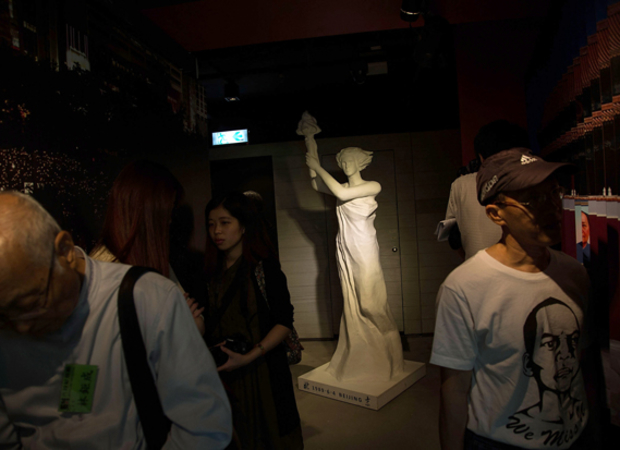
This time last year, volunteers and I were busy writing and translating articles to prepare for the New Citizens Movement trials. Many Chinese voices were speaking out forcefully against these trials: law professors, rights lawyers, liberal...
China has detained prominent scholar Guo Yushan, who helped blind dissident Chen Guangcheng flee to the United States two years ago and has banned books by eight writers in a crackdown on dissent.
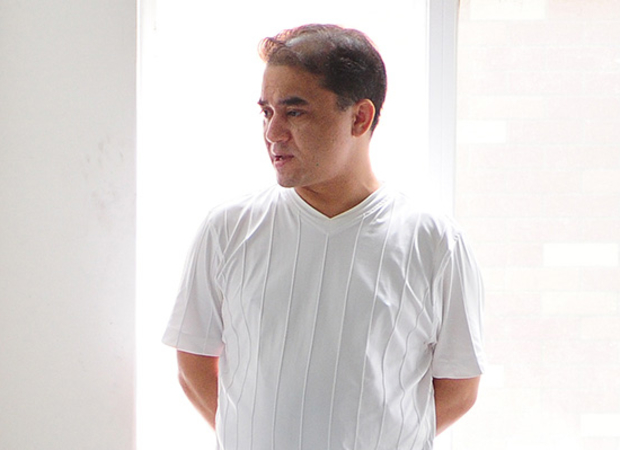
In my series of interviews with Chinese intellectuals, there is an empty chair for Ilham Tohti, the economist and Uighur activist....
Chinese dissidents are constantly subject to all sorts of harassment, including a vicious online smear campaign.
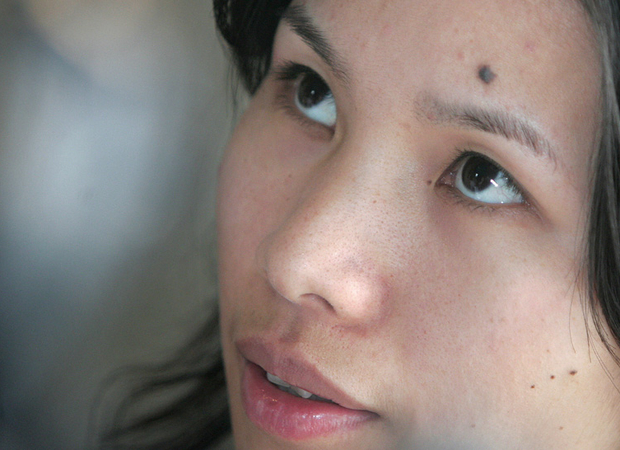
[Updated March 18, 2015] The essay that follows was written by Zeng Jinyan, whose former partner, Hu Jia, has been prominently involved in activism around environmental issues, AIDS, and human rights in China over the past decade and a half...
Chinese writer Huang Zerong, also known as Tie Liu, has been detained by police allegedly for writing articles critical of a senior official.
Gay rights activists in China are preparing for what they say could be a legal milestone in their fight to stop homosexuality being treated as an illness.
In the course of my seven-hour interrogation the officers were never ferocious. In fact, they were polite. In this respect, the Chinese government has evolved to appear friendly, but it is still a dictatorial regime that will never accommodate...
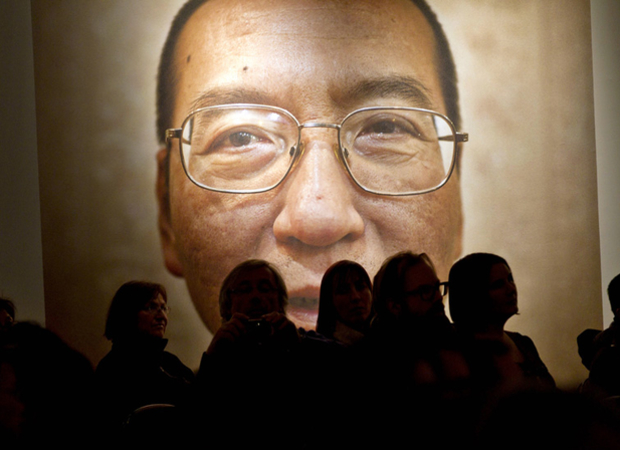
I rarely agree with the Chinese Embassy in Washington, but an amendment making its way through Congress has made me unlikely bedfellows with Beijing’s Washington diplomats.
Representative Frank Wolf (R-Va.) has sponsored an amendment to...
When dissident author Murong Xuecun returns home, he says he will tell Beijing authorities they can come and get him.
Beijing is not amused by the “provocative action,” as Nobel Peace Prize laureate Liu Xiaobo “has been convicted in accordance with the law.”
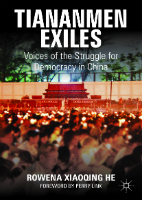
In the spring of 1989, millions of citizens across China took to the streets in a nationwide uprising against government corruption and authoritarian rule. What began with widespread hope for political reform ended with the People's Liberation Army firing on unarmed citizens in the capital city of Beijing, and those leaders who survived the crackdown became wanted criminals overnight.
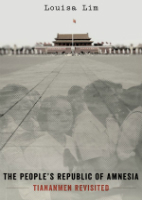
On June 4, 1989, People's Liberation Army soldiers opened fire on unarmed civilians in Beijing, killing untold hundreds of people. A quarter-century later, this defining event remains buried in China's modern history, successfully expunged from collective memory. In The People's Republic of Amnesia, NPR correspondent Louisa Lim charts how the events of June 4th changed China, and how China changed the events of June 4th by rewriting its own history.
{node, 5555}
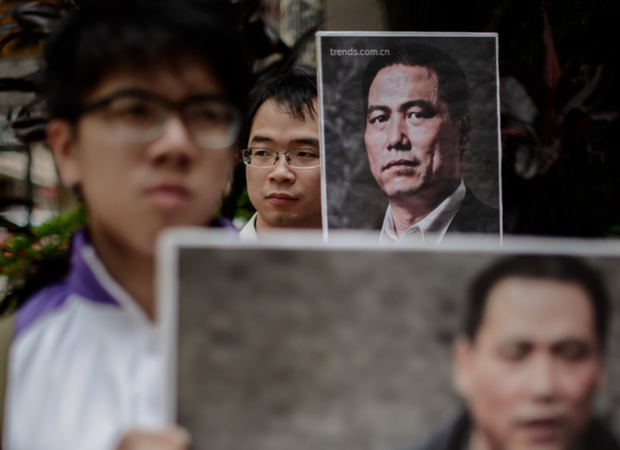
Zhou Fengsuo, 47, a student leader in 1989, spent two days in the capital—visiting Tiananmen Square and a detention center where his friends are being held—before the authorities caught him on June 3.
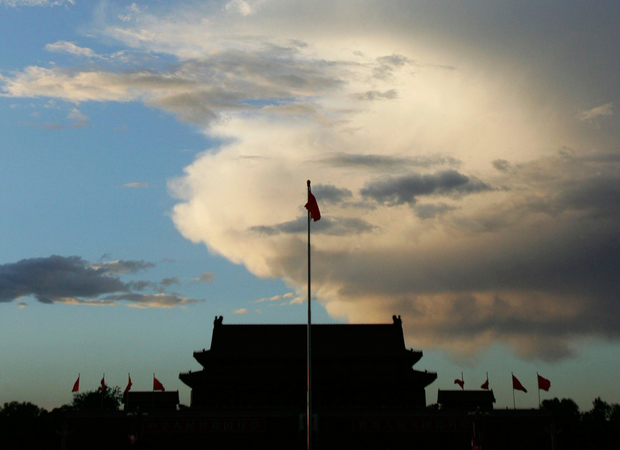
Every spring, an old friend of mine named Xu Jue makes a trip to the Babaoshan cemetery in the western suburbs of Beijing to lay flowers on the tombs of her dead son and husband. She always plans her visit for April 5, which is the holiday of...
Barack Obama reminds Poles that while they voted for democracy twenty-five years ago this day, China crushed pro-democracy protests in Beijing's Tiananmen Square.
Every year, political activists try to commemorate those who died in the 1989 crackdown at Tiananmen Square, and the Chinese government tries to prevent them, a cat-and-mouse game as classic as "Tom and Jerry."
To my generation, the widespread patriotic liberalism that bonded the students in the early 1980s feels as distant as the political fanaticism that defined the preceding decades.
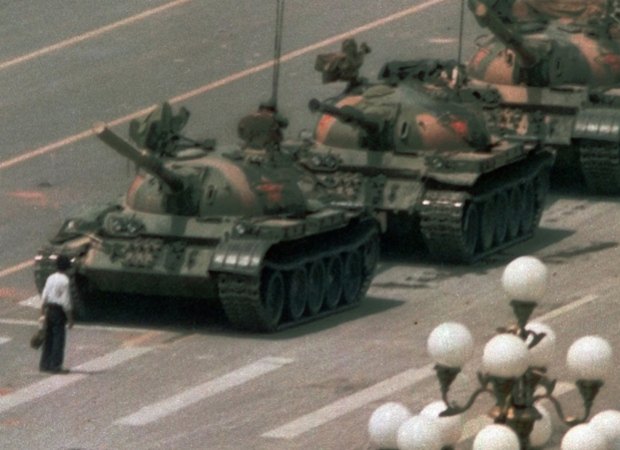
Twenty-five years ago, before the Tiananmen massacre, my father told me: “Son, be good and stay at home, never provoke the Communist Party.”
My father knew what he was talking about. His courage had been broken, by countless political...
In a stunning rebuke to his superiors, Major General Xu Qinxian said the Tiananmen protests were a political problem and should be settled through negotiations, not force.
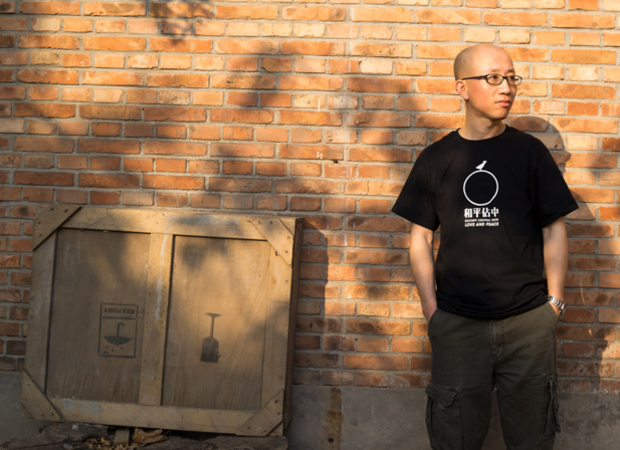
Hu Jia is one of China’s best-known political activists. He participated in the 1989 Tiananmen protests as a fifteen-year-old, studied economics, and then worked for environmental and public health non-governmental organizations. A practicing...
While China's economy, society and cities have transformed in the last 25 years, Tiananmen demonstrators and their supporters are keen to remind the world that other things haven't changed.

Zhang Ming has become used to his appearance startling small children. Skeletally thin, with cheeks sunk deep into his face, he walked gingerly across the cream-colored hotel lobby as if his limbs were made of glass. On his...
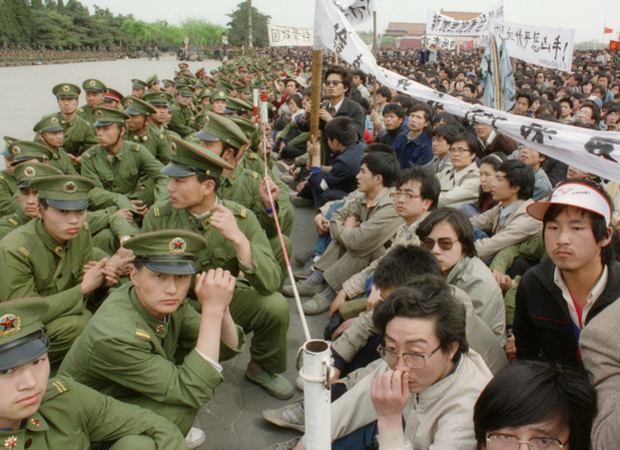
Twenty-five years ago to the day I write this, I watched and listened as thousands of Chinese citizens in Beijing’s Tiananmen Square dared to condemn their leaders. Some shouted “Premier Li Peng resign.” Even braver ones cried “Down with Deng...

On May 3, fifteen Beijing citizens—scholars, journalists, and rights lawyers—gathered informally at the home of Professor Hao Jian of the Beijing Film Academy to reflect on the 25th anniversary of the 1989 June Fourth massacre in Beijing. Two...
The government’s case against Ilham Tohti is the latest sign of its hardening stance on dissent in Xinjiang, where unrest in the past year has killed more than 100, including several police, according to state media.
Xia Yeliang, dismissed from his job as an economics professor at Peking University after clashes with his government over liberalization, warned that American universities should be careful about partnerships with Chinese universities. “They use...
Some fear that Xu and his fellow activists in the New Citizens Movement had formed an “anti-CCP clique”.
Four people whose lives were change by Xu Zhiyong describe how he helped them.
A public letter from the wife of Xu Zhiyong shows the emotional burden imposed on the family members of jailed dissidents.
The most closely watched trial of a Chinese dissident in years calls attention to CCP clamp down on dissent.
For Chinese critics of the government, the border long ago acquired a political toll booth: Whichever way you cross, you pay a price.
In her one-bedroom apartment, Dr. Gao Yaojie — known to many as “the AIDS Granny” — moves with great difficulty through her tidy clutter and stacks of belongings. In the small kitchen, she stirs a pot of rice and bean porridge, one of the few...
On the last weekend of every month, government critics gather for unassuming meals in as many as 20 cities across the country to discuss issues from failures in the legal system to unequal access to education.
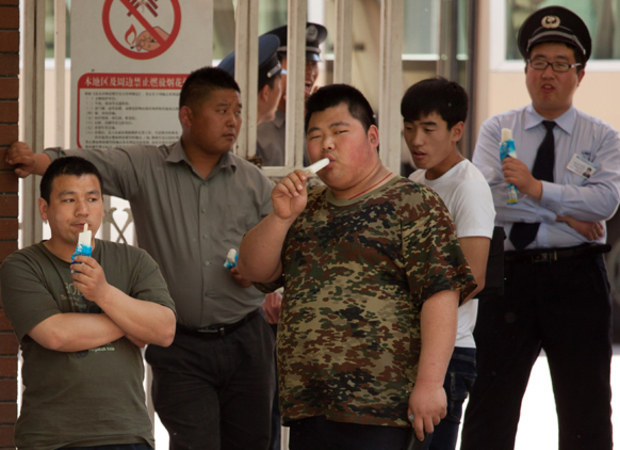
A casual visitor to China today does not get the impression of a police state. Life bustles along as people pursue work, fashion, sports, romance, amusement, and so on, without any sign of being under coercion. But the government spends tens of...
China’s men and women who have made it to the top of society by being unrelentingly determined are advised by the government to relent when it comes to calling for the rule of law, adherence to the constitution, or an end to abuses of power...
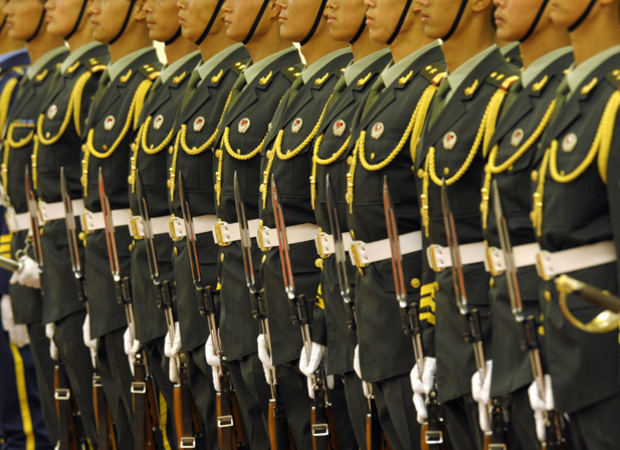
The massacre of protesters in Beijing on June 4, 1989, and the harsh repression during the months immediately following put China into a foul mood. Among ordinary Chinese, the prestige of the Communist Party, whose leaders had ordered the brutal...
Peking School of Economics’ Xia Yeliang was expelled for his political views and activism, including his vocal support of democracy, his involvement in the drafting of Charter 08, and his refusal to comply with government directives to de-...
Police in China have arrested an influential blogger and are holding a cartoonist in a widening crackdown on online “rumor-mongering”, friends and a lawyer for one of them said on Thursday October 17.
Wen Yunchao, who has been monitoring arrests and convictions in this year in China from New York City, insists his records show a growing trend of repression under Xi Jinping.
When Xu Zhiyong and I received the “Ten People in Rule of Law in 2003” award at CCTV, neither of us, nor the two sponsors of the event would have thought that, in a few years, the two of us would become “the enemies of the state.”...
Xu is one of the founders of a loose network of campaigners known as the New Citizens Movement, who, among other things, have called for people to get together on the last Saturday of each month for dinner to discuss China’s constitution...

In June 1989, news of the Tiananmen Square protests and its bloody resolution reverberated throughout the world. A young poet named Liao Yiwu, who had until then led an apolitical bohemian existence, found his voice in that moment. Like the solitary man who stood firmly in front of a line of tanks, Liao proclaimed his outrage—and his words would be his weapon.
Chinese writer Liao Yiwu, recently performed at the New York Public Library for his book's U.S. release. His years in prison are the subject of his book “For a Song and a Hundred Songs,” and is a dizzying, and often gruesomely graphic, testimony...

“Don’t worry about forgetfulness—at least the Sina censors remember,” tweeted Jia Zhangke, a film director.
Like 2013, 1989 was the year of the Snake on the Chinese calendar. It was also a year that Chinese authorities prefer not to...
“I think the U.S. government should publicly and officially ask the Chinese government to fulfill their commitments. It’s been a year now and neither side is living up to their promises following the negotiations last year.”...
Liao Minyue last saw her mother, the rights activist Liu Ping, in mid-April 2013. “I’m afraid she’ll be beaten. It has happened before,” Ms. Liao, 20, said by telephone. “Now I’m waiting for any news of her trial. I’ll fight for her freedom...
President Xi Jinping’s administration has detained at least 10 activists who have led a campaign for officials to publicly disclose their wealth - the first coordinated crackdown by the new government on activists.